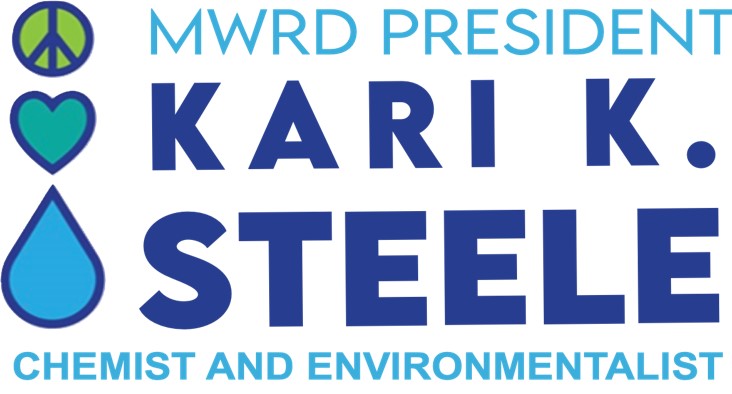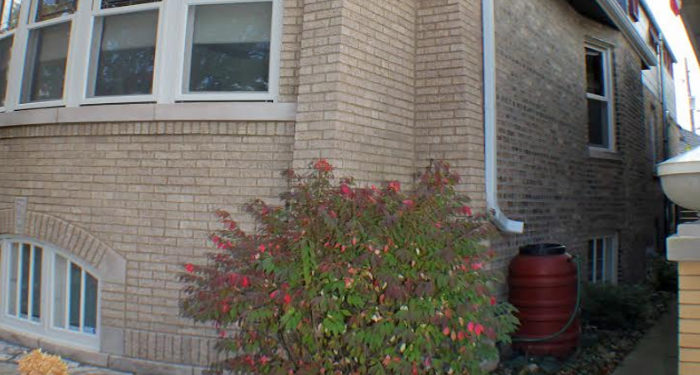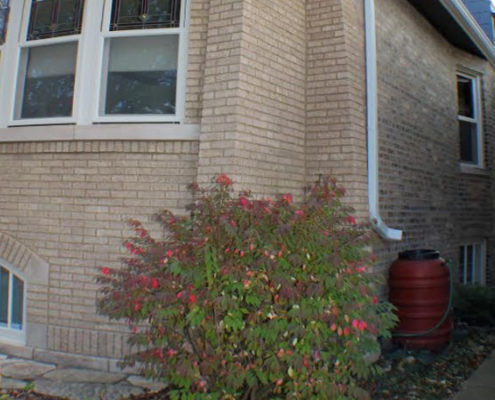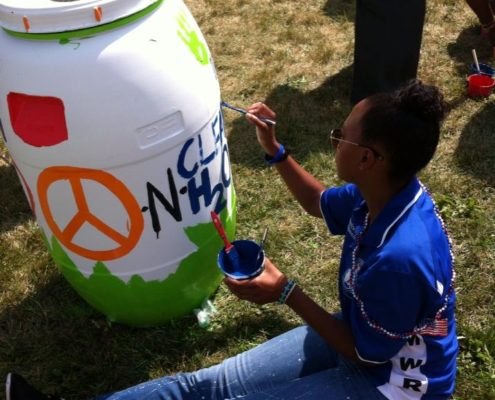MWRD Chatham Neighborhood of Chicago Research Pilot Study
The Board of Commissioners of the Metropolitan Water Reclamation District of Greater Chicago (MWRD) adopted legislation in 2017 to enter into an Intergovernmental Agreement (IGA) with the City of Chicago to initiate a research pilot study in the Chatham neighborhood of Chicago to gain insight into the effectiveness of various technologies aimed at reducing basement backups and flooding in Chatham.
Commissioner Kari K. Steele, a former Chatham resident, who has championed this effort, commended the MWRD staff and the Center for Neighborhood Technology (CNT) for their diligence to help address this critical issue in the Chatham community, stating “I’m excited about this project and my colleagues and I fully support this pilot study and understand firsthand the chronic urban flooding that affects this area.” Steele further commented that not only would the project reduce basement backups, but it would also “take pressure off of the local sewer lines, and serve as a model for other neighborhoods that experience urban flooding across the Chicagoland area”.
Chatham was selected for the study because of its history of regular basement backups. The study area will include approximately 40 residential properties and will evaluate low-cost improvements in reducing basement backups and flooding, such as downspout disconnection and extension, rain gardens, check values and backflow preventers.
The average cost of insurance claims filed for water-backup damages to property in Chatham from 2007 to 2011 was $7,723, according to CNT, a Chicago-based non-profit that operates the RainReadysM program to assist property owners in managing flooding issues, and the consultant chosen to administer the pilot study on behalf of the MWRD and the City.
The study will cost an estimated $600,000, with the MWRD contributing $400,000 and the City of Chicago adding $200,000.






